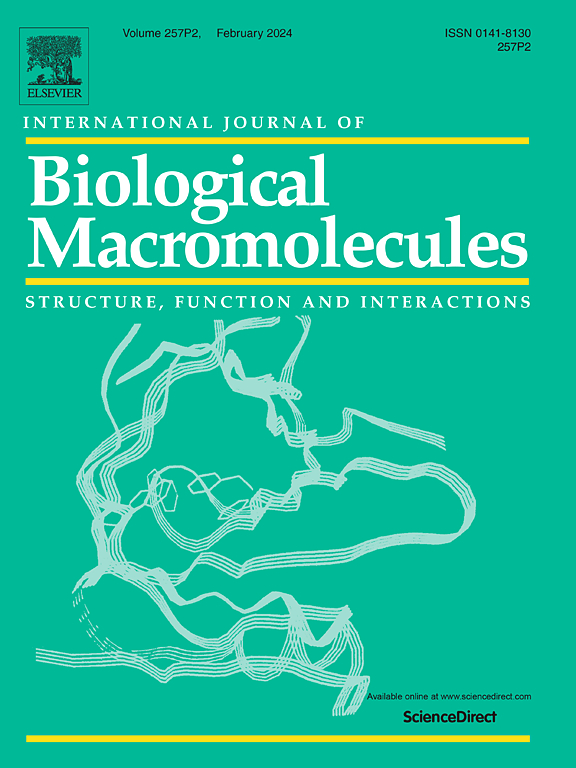Low-dose IL-2 restores metabolic dysfunction and immune dysregulation in mice with type 2 diabetes induced by a high-fat, high-sugar diet and streptozotocin
Abstract
Interleukin-2 (IL-2) is pivotal in immune regulation, particularly in the promotion of regulatory T (Treg) cells and the maintenance of immune tolerance. While its efficacy in autoimmune diseases is well established, its role in type 2 diabetes (T2D) remains largely unexplored. This study investigates the effects of low-dose IL-2 in a KM mouse model of T2D induced by streptozotocin (STZ) and a high-fat, high-sugar (HFHS) diet. We found that low-dose IL-2 administration significantly improved fasting plasma glucose (FPG), glycosylated hemoglobin (HbA1c) levels, and glucose tolerance, indicating better glycemic control. Additionally, IL-2 treatment improved insulin sensitivity, enhanced insulin secretion, and ameliorated lipid metabolism, as evidenced by reduced cholesterol and triglyceride levels. These metabolic improvements were associated with a modulation of inflammation, including a reduction in pro-inflammatory cytokines (TNF-α, IL-1β) and an increase in anti-inflammatory cytokines (IL-10). Importantly, IL-2 also altered the gut microbiome, reducing intestinal inflammation and endotoxin levels, which suggests a broader impact on metabolic health beyond immune regulation. These findings support the potential of low-dose IL-2 as an immunotherapeutic approach for improving metabolic dysfunction and inflammation in T2D.





